Introduction
Jesus’ relationship with the Sabbath is a complex and often misunderstood aspect of his ministry. While he was accused of breaking the Sabbath, a closer examination reveals a deeper understanding of his actions and his teaching on the subject. This blog post explores various facets of Jesus and the Sabbath, aiming to shed light on this critical topic.
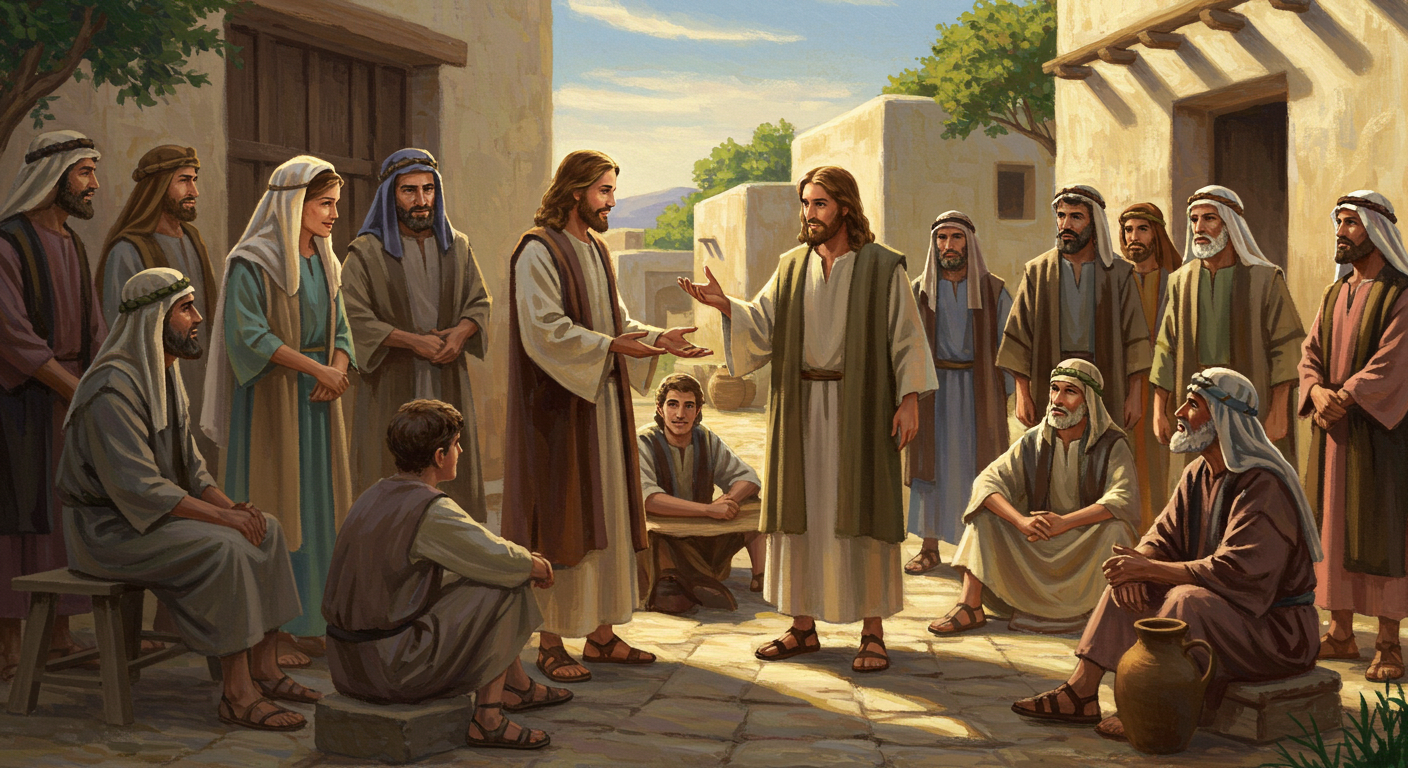
Jesus’ Observance of the Sabbath
In the Gospels, we see Jesus consistently attending Sabbath services in synagogues. This demonstrates his respect for the traditional practice and his commitment to engaging with his community’s religious life. His actions show he wasn’t necessarily against the Sabbath but rather against a rigid and legalistic interpretation of it.
The Sabbath and the Law
Jesus often emphasized the spirit of the law over its letter. This concept is particularly relevant when discussing his interpretation of Sabbath observance. He challenged the Pharisees’ strict adherence to rules while neglecting the principles of compassion and love that the Sabbath was meant to embody.
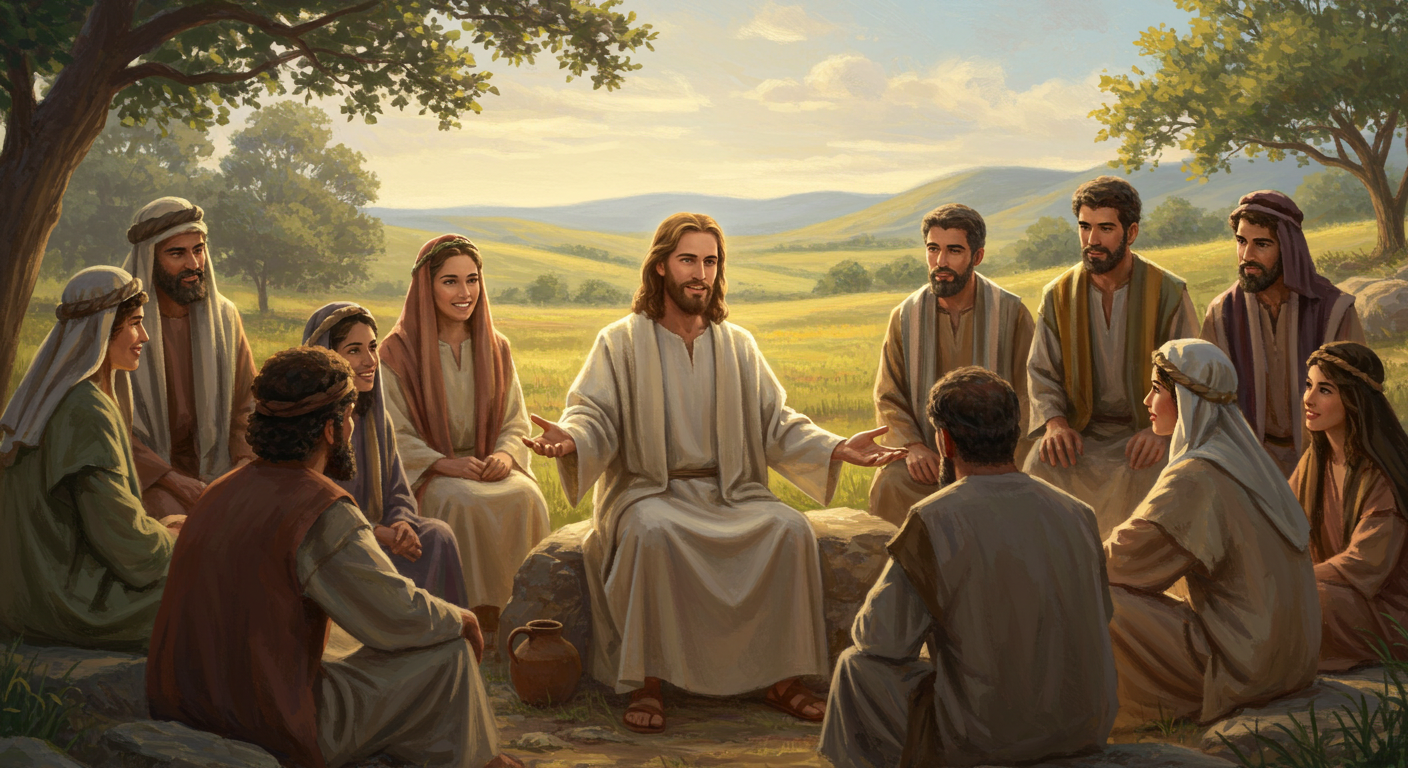
Jesus’ Healing on the Sabbath
Many of Jesus’ most famous miracles, such as healing the sick and restoring sight to the blind, occurred on the Sabbath. These acts directly contradicted the Pharisees’ narrow understanding of Sabbath restrictions. His actions sparked debate but highlighted his priority of compassion over legalism. Learn more about the specific instances where this played out.
The Sabbath as a Rest for the Soul
Jesus’ teachings suggest a broader understanding of the Sabbath as a time of rest and spiritual renewal. It wasn’t merely a day of physical inactivity but a time for reflection, connection with God, and spiritual restoration. This perspective emphasizes the deeper meaning behind the law.
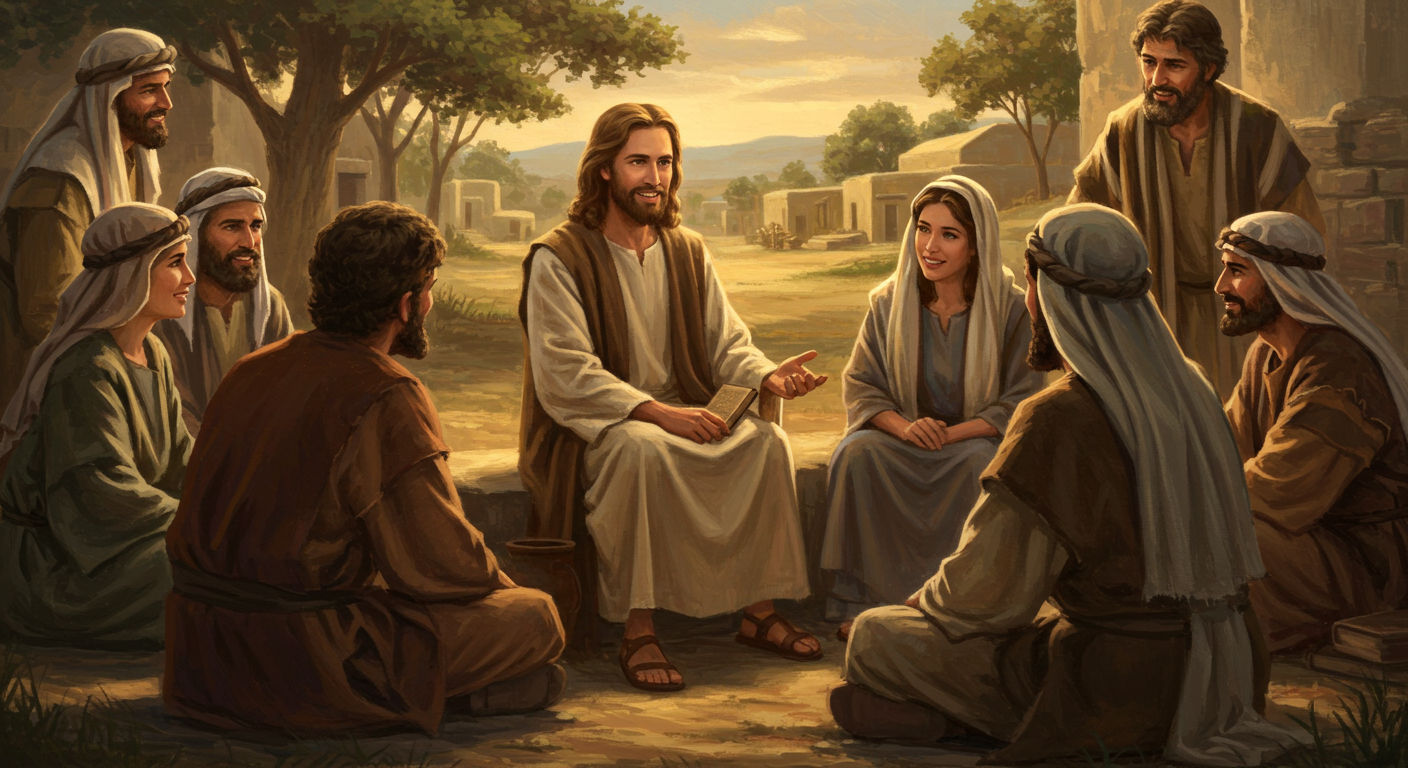
Reinterpreting the Sabbath
Jesus’ actions and teachings challenge us to reinterpret the Sabbath in light of its intended purpose. It’s not about adhering to strict rules but about living a life of compassion, service, and connection with God. Understanding this nuance is crucial for grasping Jesus’ approach.
Compassion over Legalism
Jesus consistently prioritized compassion and mercy over strict adherence to legalistic interpretations of the Sabbath. This is a recurring theme in his ministry and exemplifies his emphasis on loving one’s neighbor.
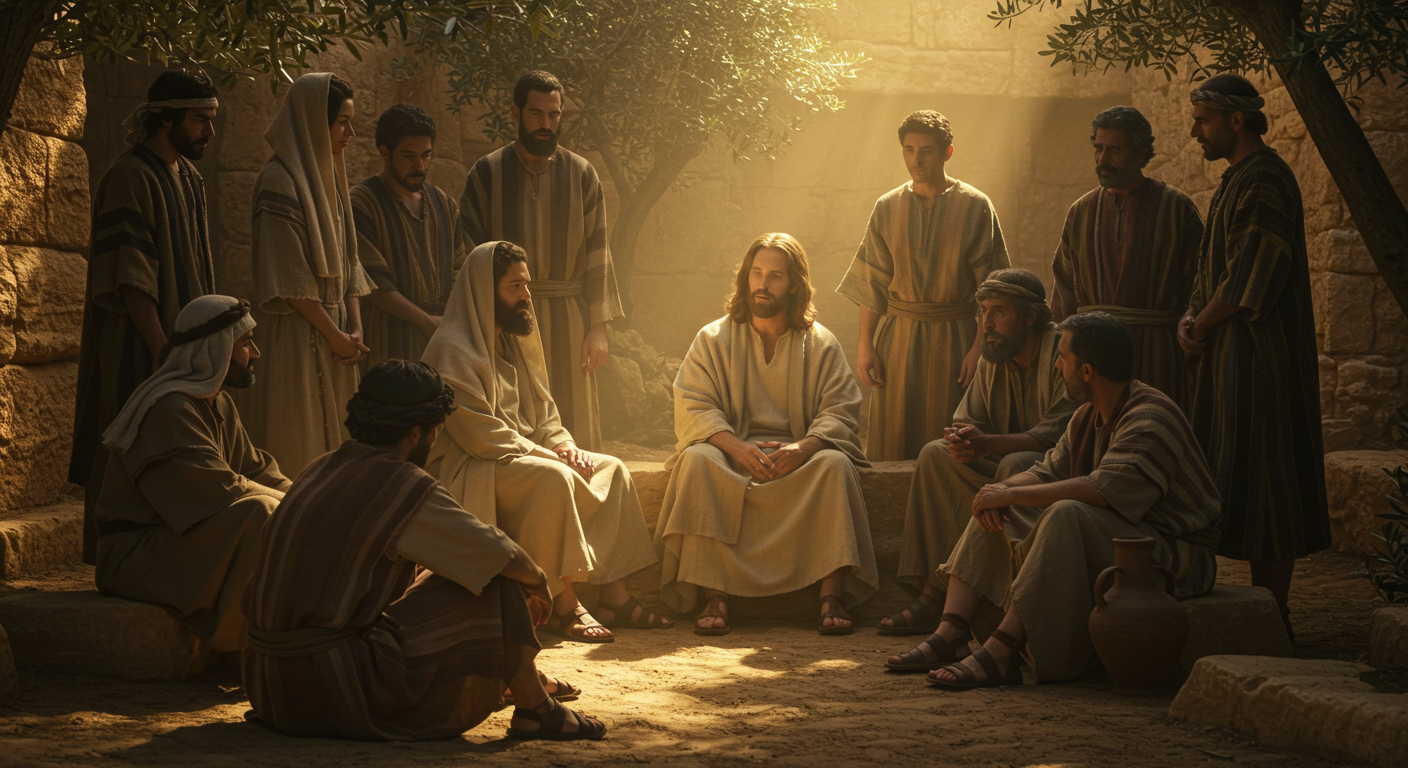
The Lord of the Sabbath
Jesus declared himself the “Lord of the Sabbath” (Mark 2:28), asserting his authority over the law and its interpretation. This bold claim emphasizes his divine power and his ability to redefine its parameters.
Jesus and Work on the Sabbath
The question of work on the Sabbath is often debated. Jesus’ actions suggest that acts of mercy and compassion aren’t considered work in the same way routine tasks are. This distinction is important in understanding his teaching.
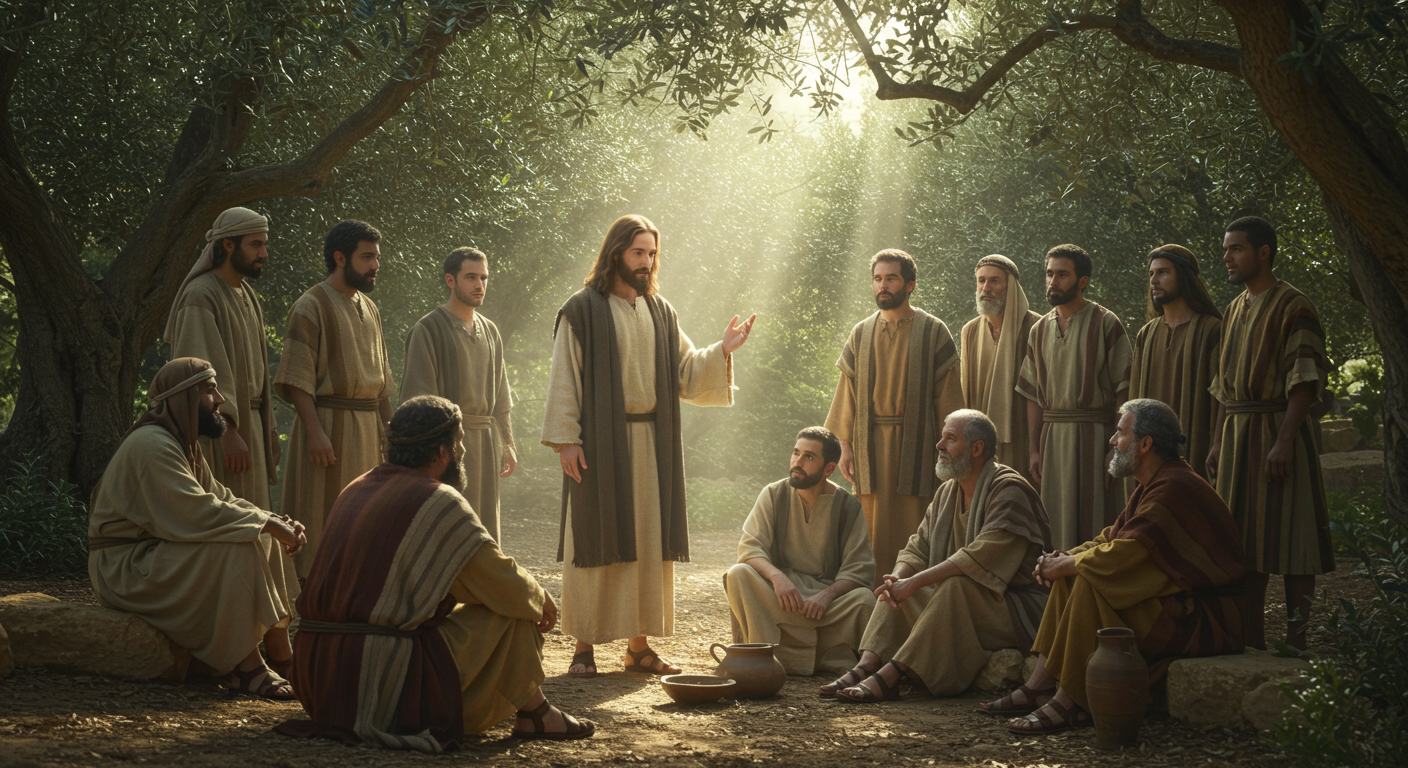
The Sabbath and the Kingdom of God
Understanding Jesus’ perspective on the Sabbath requires placing it within the larger context of the Kingdom of God. The Sabbath, as he presented it, points toward the ultimate rest and restoration that awaits believers in God’s kingdom.
Jesus’ Example for Believers
Jesus’ approach to the Sabbath serves as a powerful example for believers today. It challenges us to move beyond strict adherence to rules and embrace the spirit of the law.
The Sabbath in the Early Church
The early church continued to observe the Sabbath but its significance evolved over time. Studying the early church’s approach to the Sabbath provides additional historical context.
The Sabbath and Modern Christianity
How different Christian denominations approach the Sabbath today reflects various interpretations of Jesus’ teaching. Understanding these different perspectives is essential for a comprehensive view.
Sabbath as a Day of Worship
The Sabbath, at its core, is a day dedicated to the worship and glorification of God. This central aspect should guide our understanding of its importance.

Sabbath as a Time for Reflection
Aside from worship, the Sabbath is an invaluable time for personal reflection, prayer, and spiritual growth. It’s a chance to disconnect from worldly distractions and reconnect with God.
Sabbath as a Day of Rest
The Sabbath is fundamentally about rest, both physical and spiritual. It’s a day to recharge, renew, and prepare for the week ahead.
Conclusion
Jesus’ relationship with the Sabbath was complex but ultimately rooted in love, compassion, and a deeper understanding of God’s law. He challenged rigid interpretations, emphasizing the spirit over the letter and prioritizing mercy. His teachings invite us to embrace the Sabbath as a time of rest, reflection, worship, and service to others.
Frequently Asked Questions
What did Jesus actually say about the Sabbath? Jesus’ teachings emphasized the importance of compassion and mercy over strict adherence to the letter of the law, as seen in his numerous healings on the Sabbath.
How did Jesus’ interpretation of the Sabbath differ from the Pharisees’? The Pharisees followed a very literal and strict interpretation, often overlooking the spirit and purpose of the Sabbath. Jesus focused on the heart of the law: love, compassion, and rest.
Is Sabbath observance still relevant today? While the specific day of rest may vary among different denominations, the underlying principle of setting aside time for spiritual reflection, worship, and rest remains highly relevant and valuable for Christians today.
What does it mean to be the ‘Lord of the Sabbath’? Jesus’ declaration as the ‘Lord of the Sabbath’ emphasizes his authority over God’s law and his power to interpret and apply it in accordance with God’s will and love. Read more about Jesus’ authority.
How can we practically apply Jesus’ teaching on the Sabbath today? By prioritizing acts of compassion and service, focusing on spiritual renewal and worship, and taking time for rest and reflection, we can honor the spirit of Jesus’ teachings on the Sabbath.

Leave a Reply